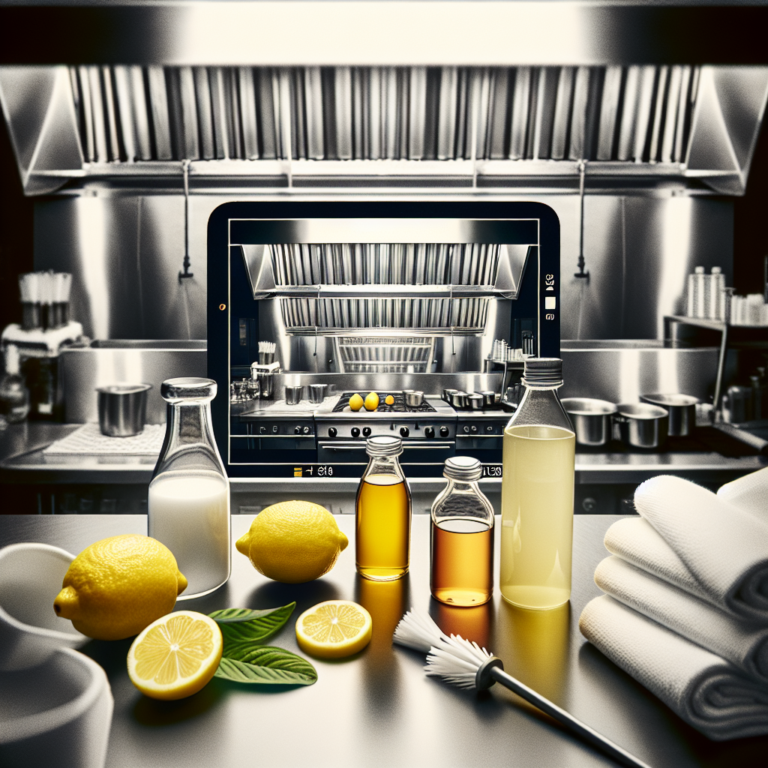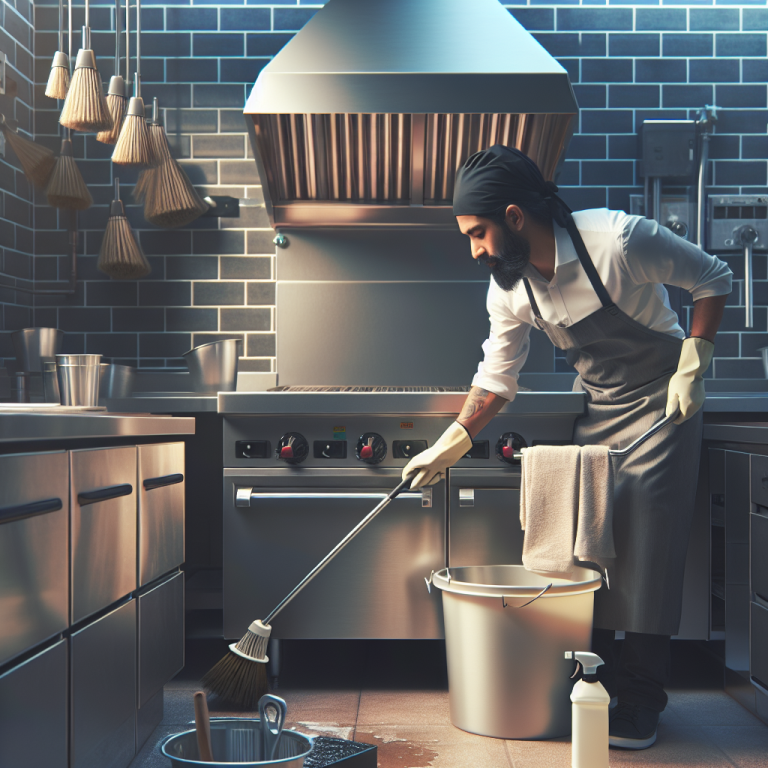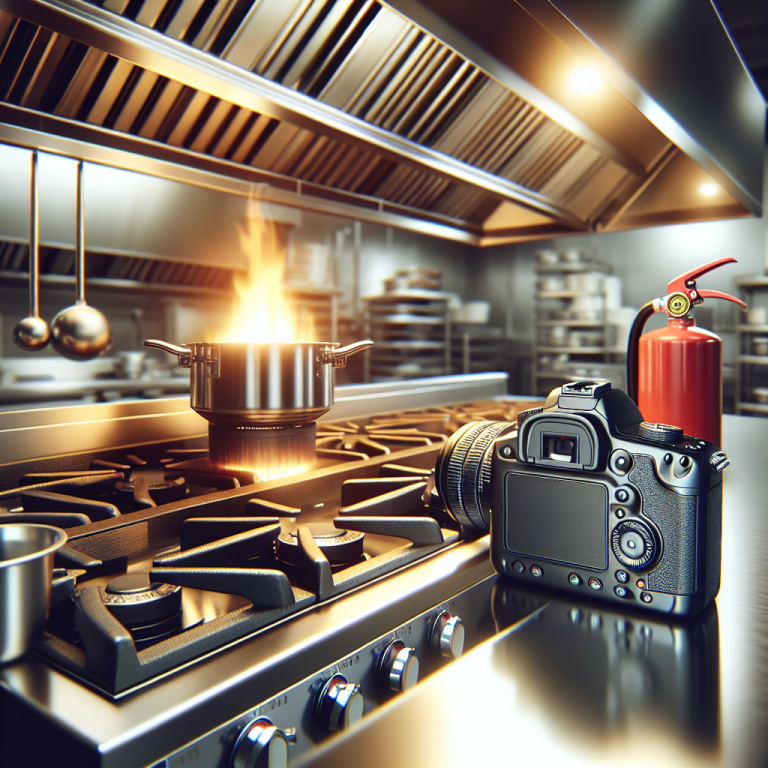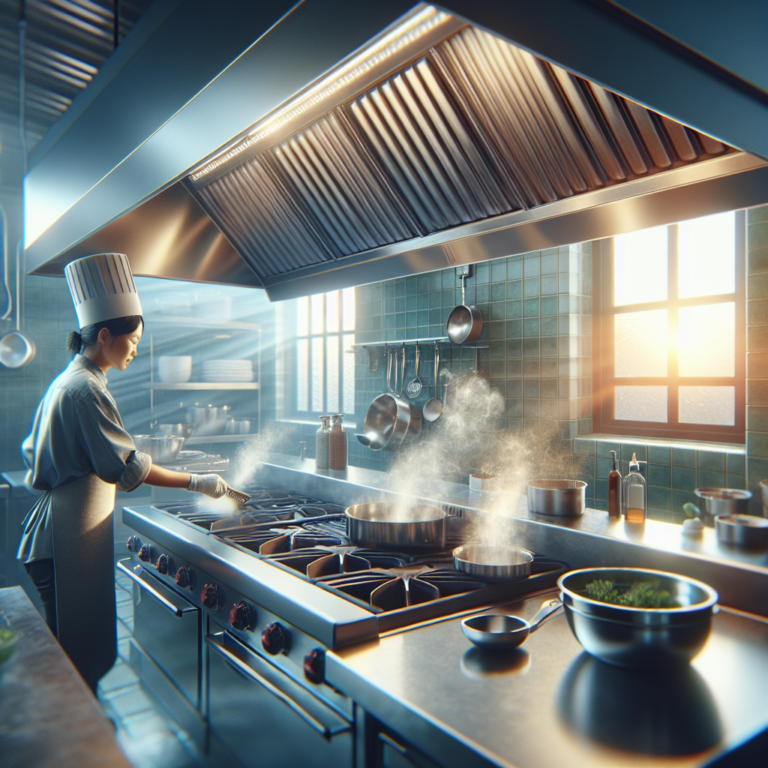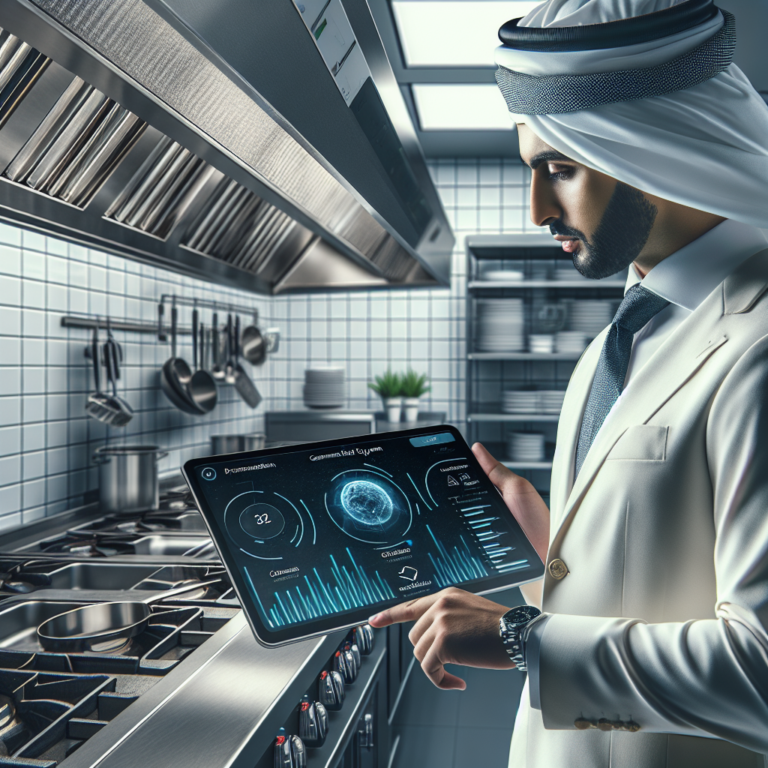Sustainable Kitchen Design: Integrating Eco-Friendly Hood Cleaning Practices
Introduction to Sustainable Kitchen Design
In our world where sustainability is becoming increasingly crucial, the concept of sustainable kitchen design is gaining traction. But what does that mean for the often-overlooked aspect of your kitchen — the hood system? Proper hood cleaning is paramount in ensuring a clean, efficient kitchen, but it can also be a vital part of sustainable practices. In the bustling food scenes across the globe, from any local diner to the vibrant restaurants of Denver, understanding the synergy between hood cleaning and sustainable practices can lead to greener kitchens.
The Importance of Hood Cleaning
Hood systems in commercial kitchens are essential not just for maintaining air quality but also in reducing fire hazards. Regular restaurant hood cleaning ensures that grease and grime do not accumulate, which could otherwise lead to dangerous working conditions and even legal issues. However, the process of hood cleaning itself needs to be sustainable. The use of eco-friendly cleaning agents and methods can greatly minimize the environmental impact.
Integrating Sustainability with Cleaning Practices
Traditional cleaning products often contain harsh chemicals that not only harm the environment but can also affect kitchen staff. Transitioning to biodegradable agents for cleaning exhaust systems is a significant step towards sustainability. Furthermore, adopting regular, scheduled cleaning helps in maintaining efficiency, ensuring that your kitchen hoods function optimally without excess energy consumption.
Smart Kitchen Hood Designs for Energy Efficiency
A sustainably designed commercial kitchen considers every detail, from appliances to layout, including the exhaust systems. Modern kitchen designs integrate technologies that help reduce energy consumption. These include smart exhaust systems that adjust the air flow based on the kitchen’s needs, reducing unnecessary energy usage during quieter times.
- Variable Air Volume (VAV) Systems: These systems are smart alternatives that adjust the exhaust flow rates automatically, rather than operating at a constant flow. They are particularly effective in reducing energy wastage.
- Eco-friendly Filters: Incorporating washable and long-life filters reduces waste, diminishing the frequency of replacements and effectively lowering the environmental footprint.
- Heat Recovery Systems: Some advanced designs even reuse the heat extracted by the hoods to warm the building, using energy efficiently.
The Role of Professional Services
To maximize both efficiency and sustainability, professional Denver hood cleaning services can be vital. Such services not only ensure the intricate parts of the hood are pristinely cleaned but they do so using environmentally conscientious products and methods. By engaging specialists, restaurant owners can ensure compliance with local health ordinances while also embracing eco-friendly practices.
Balancing Cost and Sustainability
While investing in sustainable hood cleaning and kitchen designs might seem costly initially, the long-term benefits are substantial. Energy-efficient exhaust systems lead to lower utility bills, and eco-friendly cleaning products often prolong the life of your kitchen equipment. Additionally, a sustainable kitchen can enhance a restaurant’s reputation, attracting environmentally-conscious clientele.
Localized Focus: Denver
In cities like Denver, where there’s a growing emphasis on lowering carbon footprints, adopting sustainable kitchen practices is more than just a trend. By ingraining sustainability into the core of food service operations, kitchens can contribute positively to the local environment. Denver hood cleaning services cater to this need by offering sustainable solutions tailored to the dynamic local food industry.
Conclusion: Linking Hood Cleaning and Sustainability
In the end, integrating hood cleaning within the broader scope of sustainable kitchen design is a win-win. It ensures safety, efficiency, and a reduced ecological footprint. As kitchens evolve, so should the practices that keep them running smoothly. For those in search of Denver solutions that align with these green initiatives, specialized services can aid in maintaining a clean, sustainable, and compliant kitchen environment. By considering ecosystem impacts in every aspect of business operations, restaurant owners can lead the way in dining that’s both delicious and eco-friendly.


